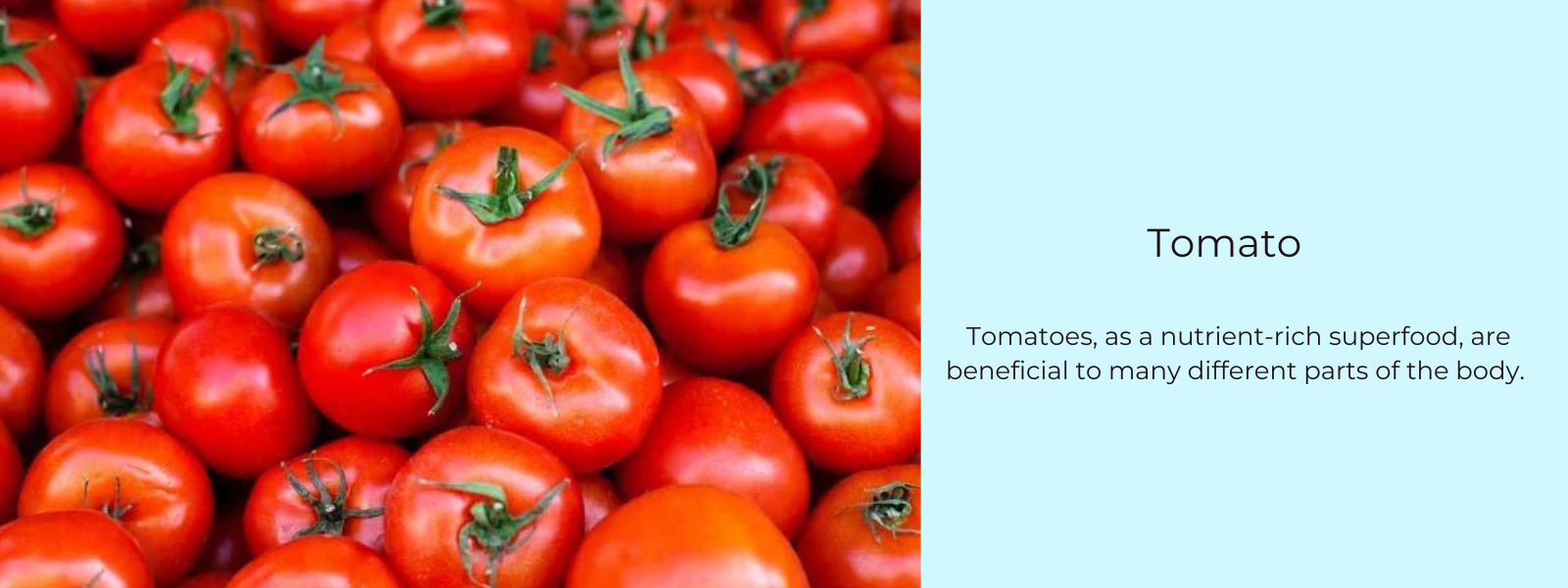Onions come in a variety of colors and sizes, including white, yellow, and red. They can be eaten raw or cooked, and are commonly used in soups, stews, salads, and sauces. Onions are also used as a flavoring in many savory dishes and are a staple ingredient in many cuisines, especially Indian. They are low in calories and high in vitamins and minerals, including vitamin C, folate, and potassium. In addition to their culinary and health benefits, onions have a long history of use in traditional medicine, dating back thousands of years. They have been used to treat a variety of ailments, including colds, coughs, and respiratory infections.
Table of Contents
How to Use Onions in Your Diet:
Onions can be used in a variety of ways to add flavor and nutrition to your diet. Here are some ideas:
- Raw: Onions can be sliced thinly and added to salads, sandwiches, or wraps for a crunchy and flavorful addition.
- Cooked: Onions can be sautéed, caramelized, or roasted to bring out their natural sweetness and add depth of flavor to dishes. They are commonly used as a base for soups, stews, and sauces.
- Grilled: Sliced onions can be grilled and used as a topping for burgers, sandwiches, or salads.
- Pickled: Pickled onions are a tangy and flavorful addition to sandwiches, tacos, or salads.
- Fried: Fried onions can add a crispy texture and savory flavor to dishes like green bean casserole or as a topping for burgers or hot dogs.
- Powdered: Onion powder can be used as a seasoning in a variety of dishes, including soups, stews, and marinades.
Overall, onions are a versatile vegetable that can be used in a wide range of dishes to add flavor, texture, and nutrition.
Different Varieties of Onions and their Characteristics:
There are many different varieties of onions, each with their own characteristics in terms of flavor, texture, and color. Here are some of the most common varieties:
- Yellow Onions: Yellow onions are the most commonly used variety in cooking. They have a strong, pungent flavor and a brownish-yellow skin.
- Red Onions: Red onions are milder and sweeter than yellow onions, and are often used raw in salads and sandwiches. They have a red or purple skin.
- White Onions: White onions have a mild flavor and are often used in Mexican cuisine. They have a white skin.
- Sweet Onions: Sweet onions are mild and have a high sugar content, making them ideal for caramelizing. Some popular varieties include Vidalia onions and Walla Walla onions.
- Shallots: Shallots have a delicate, sweet flavor and are often used in French cuisine. They have a reddish-brown skin.
- Green Onions: Also known as scallions, green onions have a mild flavor and are often used as a garnish or in Asian cuisine. They have a green stalk and a white bulb.
- Cipollini Onions: Cipollini onions are small and flat, with a sweet and mild flavor. They are often roasted or caramelized whole.
Overall, the variety of onion you choose will depend on the dish you are making and your personal taste preferences.
Key Health Benefits of Eating Onions Regularly:
Onions have a number of health benefits due to their nutrient content and the presence of beneficial plant compounds. Here are some of the key health benefits of eating onions regularly:
- Anti-inflammatory properties: Onions contain compounds that have anti-inflammatory effects, which can help reduce the risk of chronic diseases such as heart disease, diabetes, and cancer.
- Antioxidant properties: Onions are high in antioxidants, which help protect against oxidative damage in the body and can also help reduce the risk of chronic diseases.
- Improved heart health: Onions contain compounds that helps lower cholesterol levels and reduce blood pressure, which are important factors for maintaining heart health.
- Improved bone health: Onions are a good source of calcium, which is important for bone health, and also contain other nutrients like vitamin C and quercetin that may help improve bone density.
- Improved immune function: Onions contain compounds that have immune-boosting properties, which helps protect against infections and other illnesses.
- Cancer prevention: Some studies suggest that the compounds found in onions may have anti-cancer effects, particularly for cancers of the colon, stomach, and breast.
Thus, incorporating onions into your diet can provide a number of health benefits, making them a great addition to a healthy and balanced diet.
Best Ways to Prepare and Cook Onions:
Preparing and cooking onions properly can enhance their flavor and nutrition. Here are some tips for getting the most out of your onions:
- Cutting onions: When cutting onions, it's important to use a sharp knife to avoid crushing the onion cells, which can release enzymes that cause the onion to become bitter. Slice the onion in half from the top to the root end, and then make horizontal cuts without cutting all the way through the root end. Finally, slice the onion vertically to create the desired size of pieces.
- Cooking onions: Onions can be sautéed, caramelized, roasted, or fried, depending on the recipe. Sautéing onions over low heat for a long time can help bring out their natural sweetness, while caramelizing onions over high heat can create a rich, complex flavor. Roasting or grilling onions can also enhance their flavor and bring out their natural sweetness.
- Storing onions: Store onions in a cool, dry place away from sunlight. Avoid storing onions near other vegetables that release moisture, as this can cause the onions to rot.
- Using onions in recipes: Onions can be used in a variety of dishes, including soups, stews, salads, and sauces. They can also be used as a flavoring in many savory dishes. Experiment with different types of onions to find the flavor and texture that works best for your recipe.
- Combining onions with other ingredients: Onions pair well with a variety of other ingredients, including garlic, herbs, and spices. Experiment with different flavor combinations to find what works best for your taste preferences.
By following these tips, you can prepare and cook onions to maximize their flavor and nutrition, making them a delicious and healthy addition to your diet.
Onion Consumption and Safety Guidelines:
While onions are generally safe to consume, there are some important facts and safety guidelines to keep in mind:
- Allergy: Some people may have an allergy to onions, which can cause symptoms such as hives, itching, and swelling. If you experience any allergic reactions after consuming onions, stop eating them and seek medical attention if necessary.
- Contamination: Onions, like other produce, can be contaminated with harmful bacteria such as E. coli or Salmonella. To reduce the risk of contamination, wash your hands before handling onions and wash the onions thoroughly before cutting or consuming them.
- Digestive issues: Onions can cause digestive issues for some people, especially if they are consumed raw or in large amounts. If you experience bloating, gas, or other digestive issues after eating onions, try reducing your intake or cooking them thoroughly to make them easier to digest.
- FODMAPs: Onions are high in FODMAPs (fermentable oligosaccharides, disaccharides, monosaccharides, and polyols), which can cause digestive issues for some people with irritable bowel syndrome (IBS) or other digestive disorders. If you have IBS or other digestive issues, you may want to limit your intake of onions or choose low-FODMAP varieties.
- Preservation: Onions can spoil quickly if not stored properly. To extend their shelf life, store onions in a cool, dry place away from sunlight and other produce that releases moisture.
Overall, onions are a healthy and nutritious food that can be enjoyed in a variety of dishes. By following these safety guidelines, you can minimize the risk of health issues and enjoy the benefits of this versatile vegetable.











Leave a comment